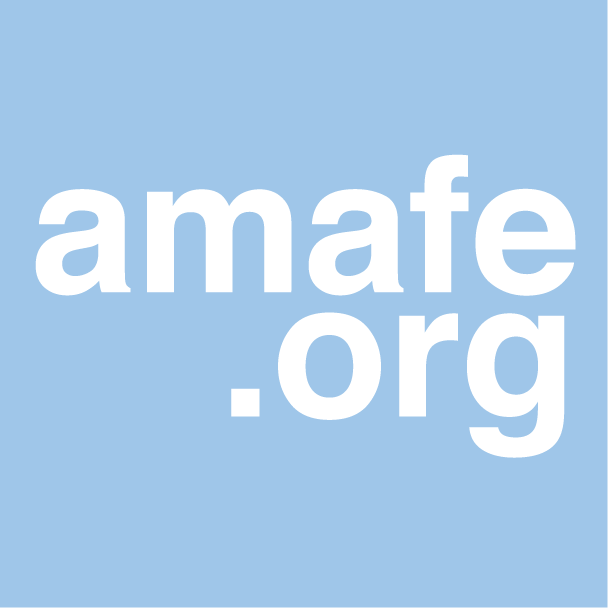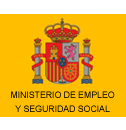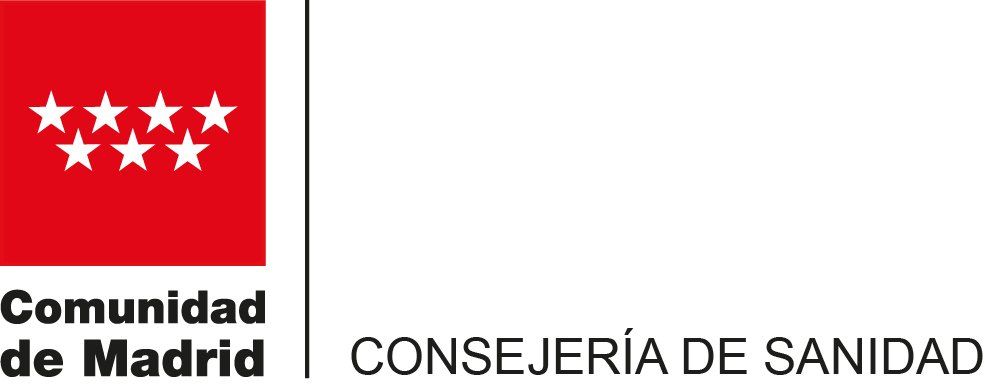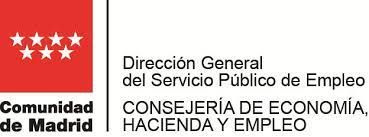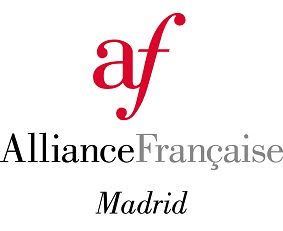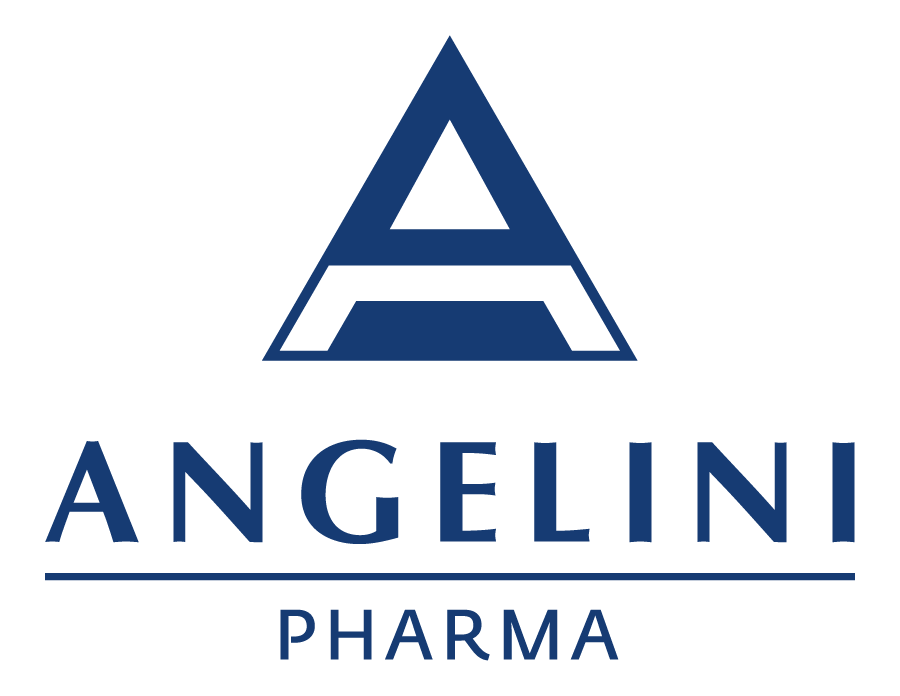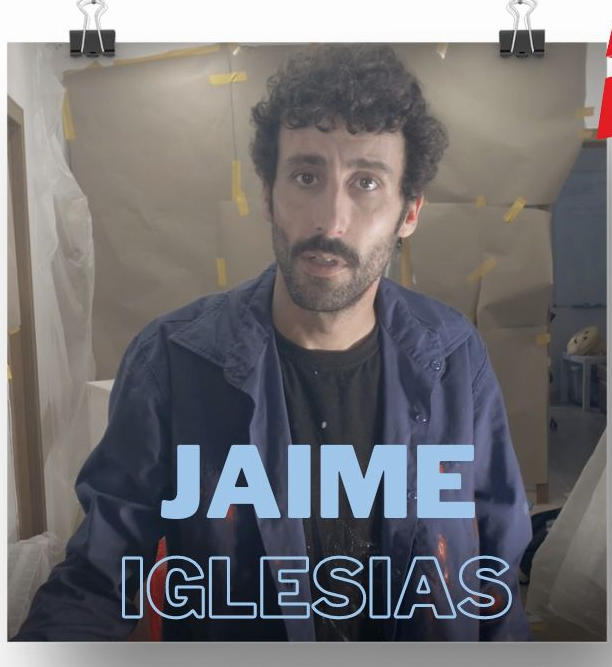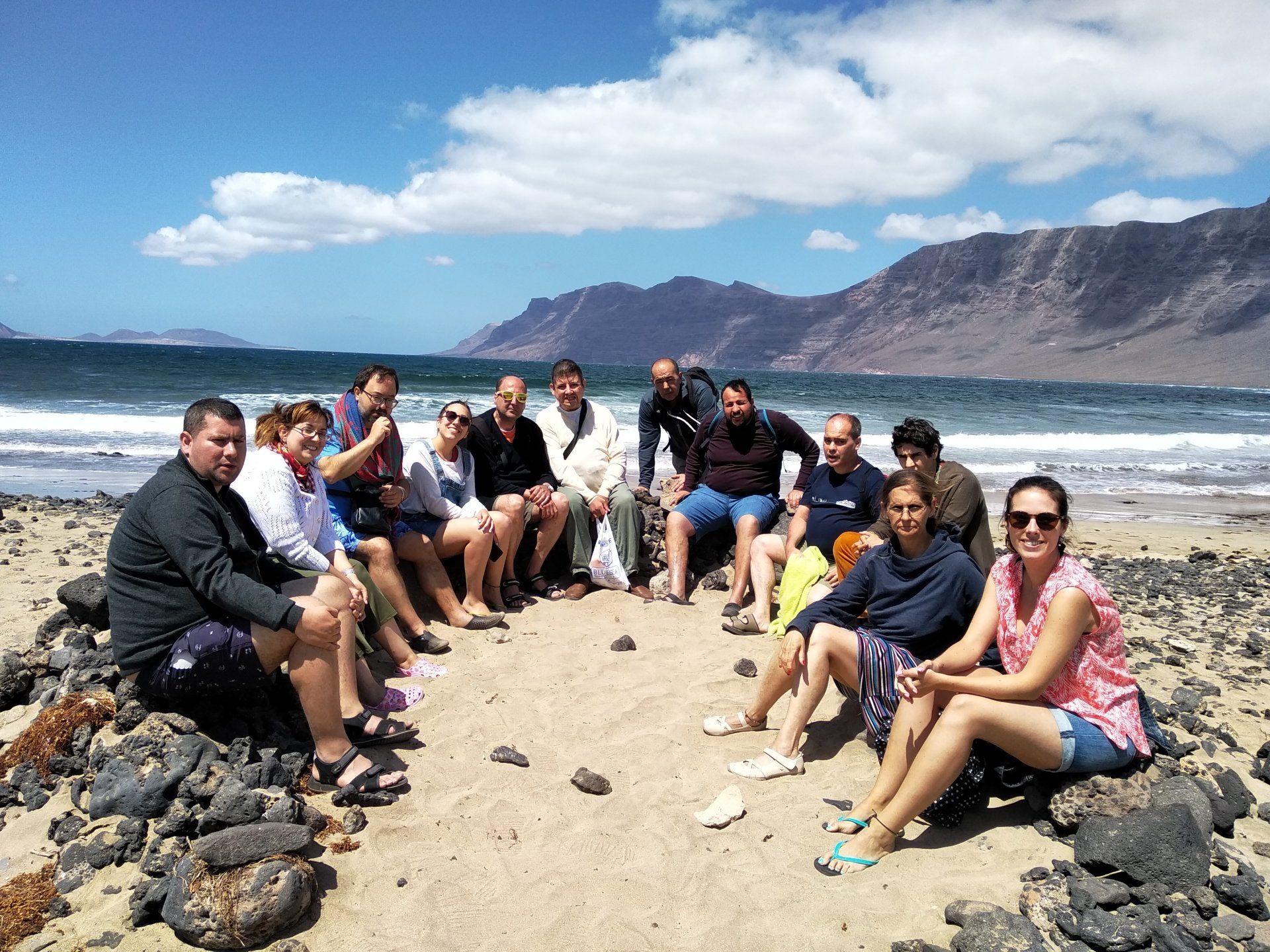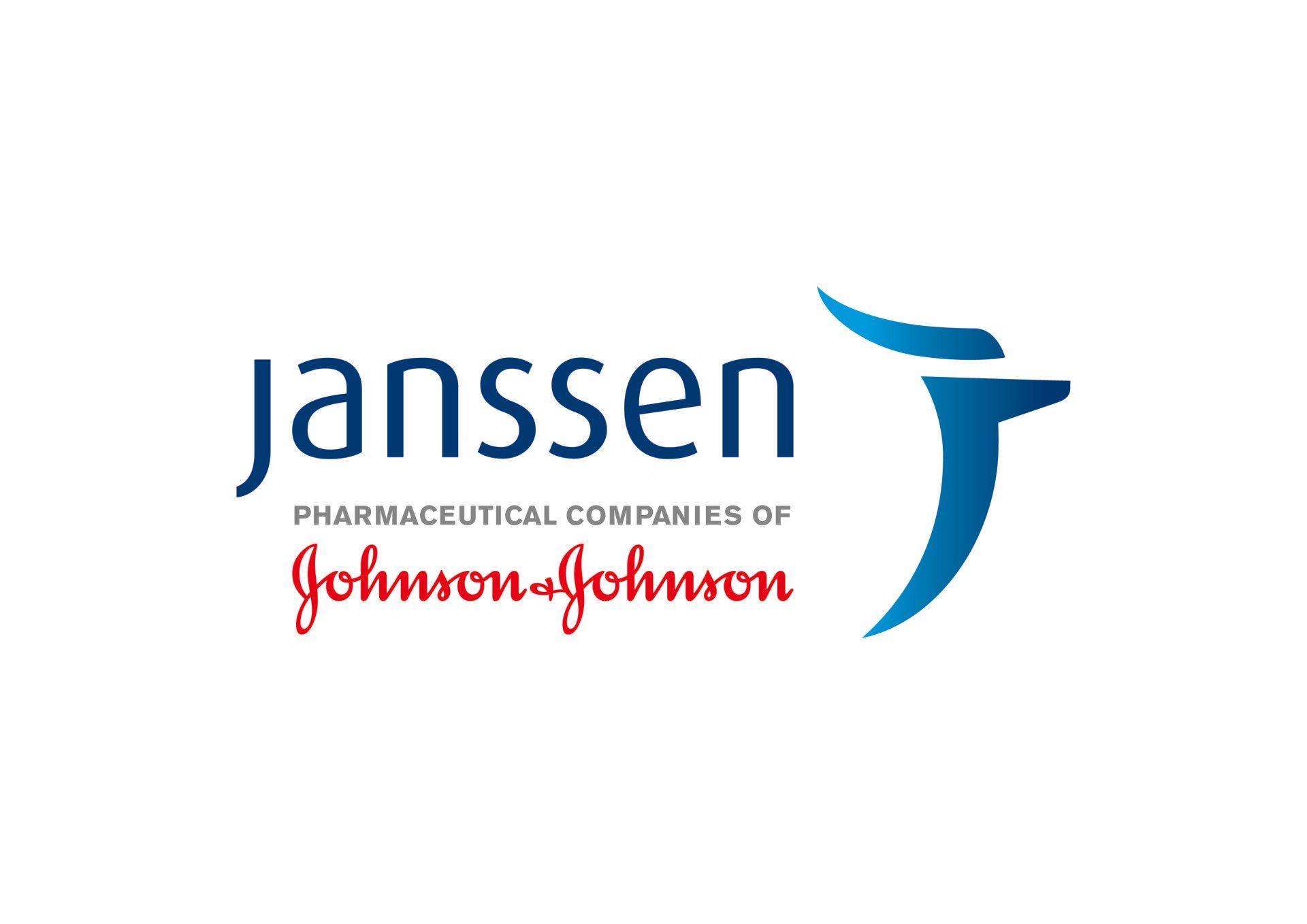Families and independent living in mental illness
La vida independiente como objetivo
Families and Independent Living in Mental Illness aims to support people's paths to independent living by strengthening the role of families in the recovery and promoting independent living of their family members with mental health problems, examining the strengths and weaknesses of their work, and developing peer-to-peer training opportunities.
Furthermore, the project will identify best practices implemented by various associations to support independent living by developing the skills of the technicians working within them to achieve the goal of autonomy. It will also work to raise awareness among policymakers and various stakeholders by engaging various stakeholders through meetings, workshops, and conferences.
Three countries, three different visions, one goal
In each territory, the independent life of people with mental disorders is faced and resolved differently depending on the role of the services involved and the different social and economic support offered by different public bodies..
Thus, in Italy, Portugal and Spain, princIn the different countries participating in the project, the agents involved in achieving independent living vary, taking into account the different actors involved. For example, in the different contexts studied, a different appreciation of the role of families and family associations emerges, with different approaches to independent living.
So, the exchange of experiences between the different associations participating in the project, SOLARIS, on behalf of Italy, GIRA on behalf of Portugal and AMAFE, on behalf of Spain,It offers the opportunity to understand the different territorial and organizational contexts, enrich the skills and knowledge possessed by each entity, and develop new operating methods that facilitate autonomy.

Results report
TAfter the three entities' joint work, we can now present the FILMI results. You can read the full report in English below. We will be able to share it in Spanish in the coming days.
Three countries, three different visions, one goal

Since its creation, the Solaris Onlus association has worked towards a process of empowerment for psychiatric patients that takes into account both their individual specificities and the characteristics of the community of reference, with a view to concrete social integration. The association essentially refers to two closely related methodological approaches: the Recovery approach, i.e., helping people achieve a good quality of life based on their state of health/illness without waiting for recovery; and the approach supported by WAPR (World Association for Psychosocial Rehabilitation), which recognizes the decisive importance of collaboration and equal participation between users, providers, and families in treatment pathways, opening up new perspectives for sharing these pathways among all involved, and recognizing the centrality of the individual with psychological distress.

GIRA is an institution working in the field of mental health. We aim to contribute to the development of an inclusive society where people with mental illness can enjoy full citizenship. We work in the community with several partners. We have two social and employment forums, six housing response centers, and one Housing First apartment serving a total of ninety-two users and their families.
We believe that "A mental illness is not a limit."
Mission: To promote the rehabilitation and social inclusion of people with mental illness, investing in their potential and fostering closeness to caregivers and the community.
Vision: To contribute to the development of an inclusive society, where people with mental illness can enjoy full citizenship:
Dedication, Respect, Innovation, Responsibility, Trust


The project Families and independent living in mental illness It is co-financed by the European Union's Erasmus programme. The content of this website is the sole responsibility of AMAFE, and neither the European Commission nor the Spanish Service for the Internationalization of Education (SEPIE) are responsible for any use that may be made of the information contained herein.


